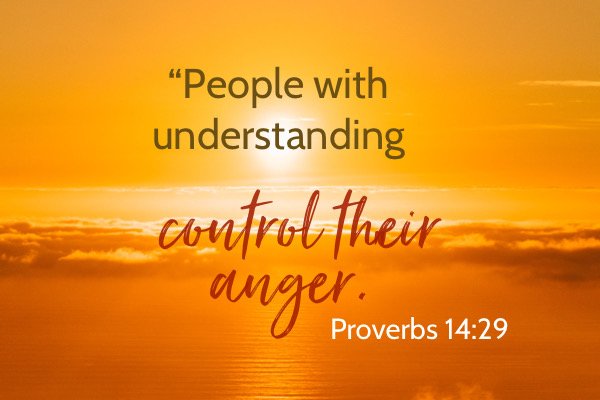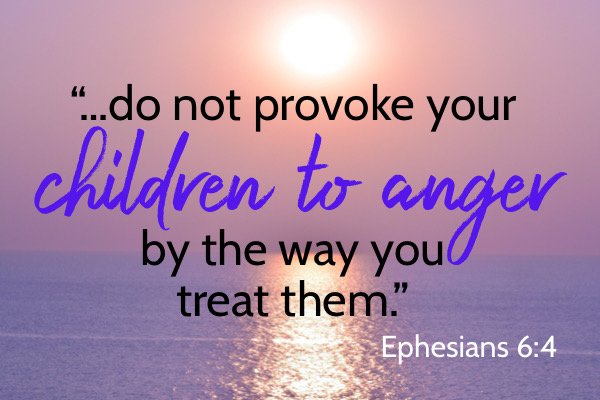How To Calmly Discipline Your Children When Emotions Are High
Child thinking about her choice to disobey her mom and contemplating the consequences of it.Photography by Kylo
When your child chooses to deliberately disobey you, it is frustrating. Emotions can rise, causing moms to respond in ways they may regret later. The scenario in our How To Control Your Emotions When Your Children Frustrates You blog is a good place to start.
Your daughter yells, “NO!”, after you calmly ask her to “please take your cereal bowl to the kitchen sink.” It is especially tough because there is emotional residue left from the evening before when you fought with your husband over finances and had to drag yourself out of bed three times to care for your sick son. This morning, your daughter refuses to get her shoes on. All you are trying to do is get everyone out the door before they are late. Then you hear, “NO!” You don’t want to respond in anger like your mom did, but things just keep building up.
It is important to deal with your emotions before disciplining your children. Built up emotions can cause us to overreact because we are responding to the fact that everyone is going to be late, shoes aren’t on, yesterday’s fight, the sleepless night… and that’s just in the last few hours. Then there’s the thought that we might be failing as a parent. Our response probably has roots in our own childhood experiences as well.
Discipline isn’t an emotional reaction. It’s a calm, conscious decision.
As a mom, training our children to obey, we need to deal with our anger and frustration before engaging with our children. “People with understanding control their anger.” Proverbs 14:29
Each of these triggers compound our response into an emotional explosion of anger. All our children see is an over-reaction of surprising intensity caused by their little “No!” rebellion. What they feel is fear. If it was an algebra problem, it’s look like this: “No!” rebellion + ? = INTENSE OVER-REACTION from Mom. They have no idea why you are so angry over such a little word.
The Bible says, “…do not provoke your children to anger by the way you treat them.” Learning does not take place when we are afraid. All your child will see and feel is fear of your anger, which now overshadows the lesson you are trying to teach them about obeying. Instead, when their fear subsides, what they may have learned is that lashing out in anger is the way to handle situations.
Our children are the Lord’s gift to us. He cares about how we treat them. “…do not provoke your children to anger by the way you treat them.” Ephesians 6:4 This is specifically directed at fathers, but also applies to moms.
The child is dealing with their own “selfishness” in the disobedience situation. Our job is to help them learn not to be selfish. The best way to do that is by modeling selflessness to them, just like the Lord models it for us. He tells us to follow His example; to treat our children with respect, kindness, and love.
The Lord treats us very gently, only whispering and providing as much discipline as we need to change. Following his example, we shouldn’t punish our child for anything they don’t know is wrong. Discipline only comes when we deliberately disobey. “…bring them up with the discipline and instruction that comes from the Lord.” Ephesians 6:4b
Like the Lord, we need to gently communicate the boundaries we have. Only after those boundaries have been set should our children be responsible for an action. Each time a new situation presents itself, talk to your child so they understand what they did wrong.
For example, a 3-year-old hits his 1-year-old sister with a wooden spoon, who was quietly sitting in her highchair. Gently explain that we don’t hurt others. You can make it broader than just hitting with a wooden spoon by saying, “We don’t hurt people or animals.” Then, you have the opportunity to place boundaries around this behavior for the future.
There are three elements to include when setting boundaries:
State the infraction using the words, “if you choose to… “If you choose to hit your sister again…”
State how and/or when “…or try to hurt her anytime...”
State the consequences “…I will take the spoon away and have you sit on the couch for three minutes.” Consequence are most effective when they relate to the situation.
Other tips:
If boundaries haven’t been previously set on the situation, it is unfair to have a consequence until they knowingly did wrong.
Resist nagging. We somehow think it’s kind to tell them three, four, or five times, until we finally get angry and say, “STOP HITTING YOUR SISTER – NOW!” When we do this, we have inserted our emotions and the focus becomes “my anger.” You’ve lost the ground you’ve gained.
Once clear boundaries are set, the next step is giving the appropriate consequence. Your goal is to teach them to obey you the first time you ask.
Remind them that the choice is completely up to them.
As you consistently follow through kindly and calmly, your children will learn to obey calmly and with a good attitude.
The Lord sets boundaries for us and when we disobey, he isn’t mean or angry, with gentleness and forgiveness disciplines us until we choose to obey him. “The Lord disciplines those He loves. Hebrews 12:6
This is the way our Father in heaven disciplines those He loves. His discipline is never a harsh surprise; He always whispers gently to us first. We then make the choice to obey or not. If we choose not to obey Him, we receive unpleasant consequences.
This takes practice and consistency on both sides. You are learning a new skill, and your children are learning they need to obey you. Be patient with yourself; it takes time. As you are consistent, you’ll notice that when you ask your child to be gentle with his sister or get ready for bed, you won’t get ignored or argued with.
You’ll probably still hear comments such as, “Ahhh, can I stay up for five more minutes?” When they have learned to obey the first time you ask, one question like this won’t bring up your anger or frustration. Sometimes you’ll answer with, “Yes, you can have five more minutes, as long as you immediately get up and go to bed without complaining after 5 minutes.” By responding this way, you just set another boundary. Other times your answer will be, “No, not tonight. We have to get up early tomorrow morning.”
Either way, you are responding to your child with respect rather than anger or frustration. You are bringing them up in the discipline that comes from the Lord, and you are not provoking your child to anger. As they grow into the teen years, they are less likely to dismiss you and disobey you, and your home will be a much more peaceful place.




